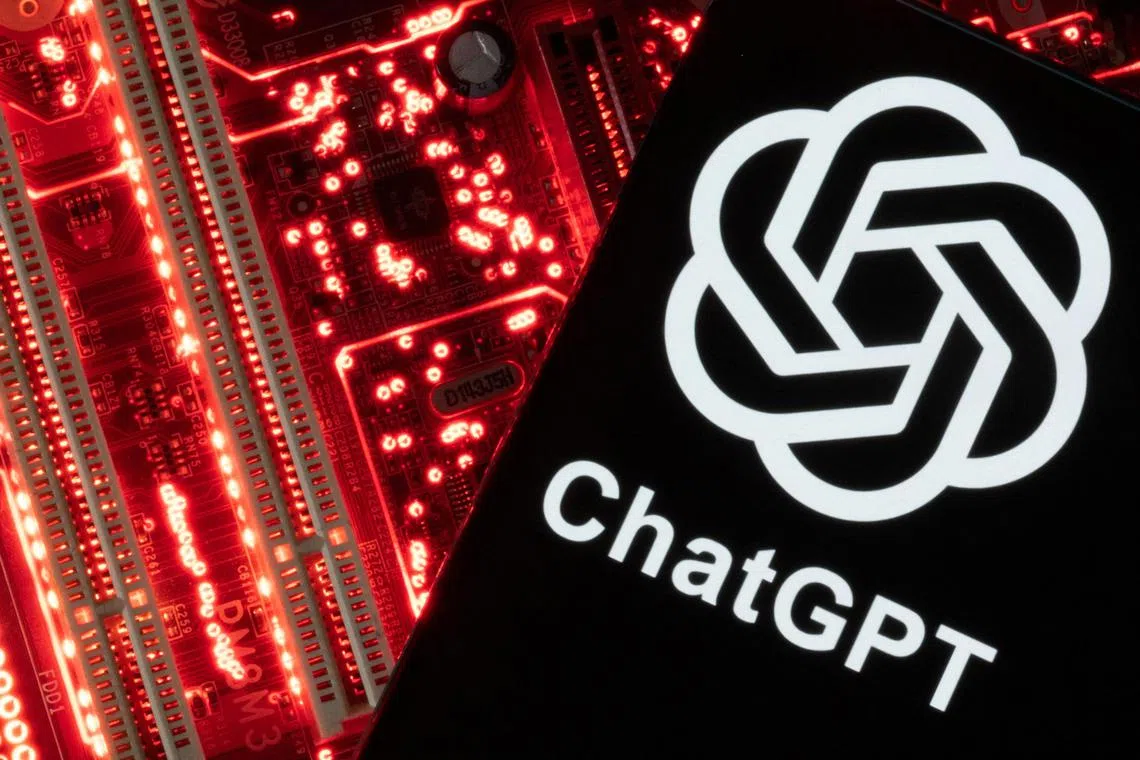Japanese start-up tells new hires they need to know ChatGPT for a job
Sign up now: Get ST's newsletters delivered to your inbox

Tokyo-based start-up LayerX tests new recruits on how they give prompts to artificial intelligence tools like ChatGPT.
PHOTO: REUTERS
Follow topic:
TOKYO – As businesses grapple with how artificial intelligence tools like ChatGPT
With concerns growing about its ability to make jobs obsolete and data protection, Tokyo-based LayerX, is bucking the trend.
The firm posted a recent job advertisement for new graduates, stating recruits would be tested on their use of the chatbot made by OpenAI and another called Notion AI.
The start-up, which focuses on promoting digitising business transactions, is confident it is on the right side of a growing divide over the use of the technology.
Many Wall Street banks have restricted its use, while schools in places like New York City have banned it.
Major Japanese firms have done likewise, with SoftBank Group and banks including Mizuho Financial Group and Mitsubishi UFJ Financial Group clamping down in recent months.
“We recognise that ChatGPT is not perfect,” said Mr Takaya Ishiguro, chief human resources officer at LayerX, in an interview.
“However, it is also dangerous to be too afraid to utilise new technology.”
Recruits are asked during their entry assessments to give prompts to ChatGPT.
Assessors review whether they initiate the process well, rather than the actual answers.
Candidates are also asked to conduct research to identify the limitations of the technology.
LayerX, which received 5.5 billion yen (S$55 million) in a recent round of Series A funding backed by MUFG’s venture capital arm and Mitsui & Co, is not expecting an “immediate impact” on profits by using the technology, but expects to hire about 20 new recruits a year which it expects will raise productivity “rapidly”.
One area where the recruits will be expected to perform is to assess the accuracy of ChatGPT’s output, said Mr Ishiguro.
The chatbot’s ability to confidently give answers, even when they are wrong, has also given businesses thinking of adopting it a reason for pause.
“It’s important to jump on new technologies quickly,” said Mr Ishiguro, noting it wants its employees to spot and adjust to new technology like ChatGPT even if they do not always catch on.
“I think the candidates are falling behind from the trend if they haven’t tried it at this point.” BLOOMBERG

